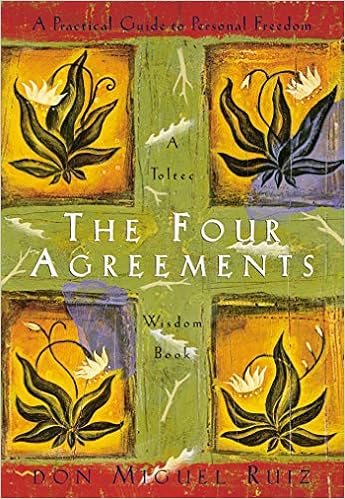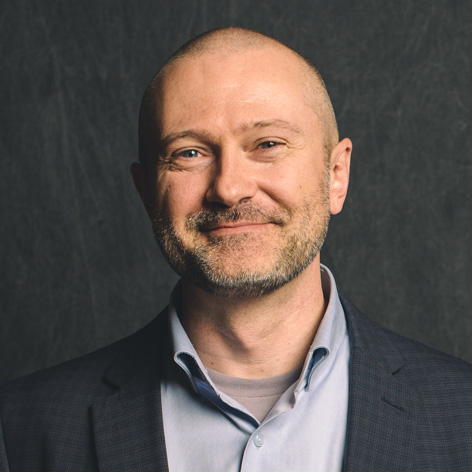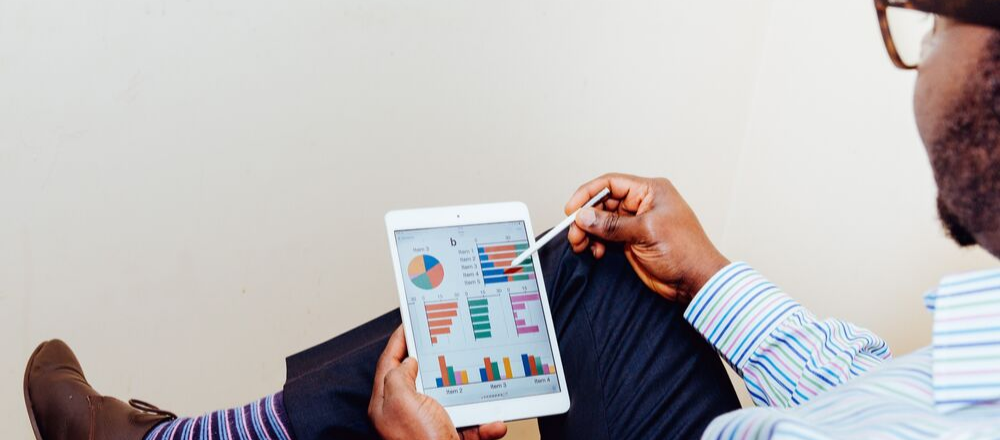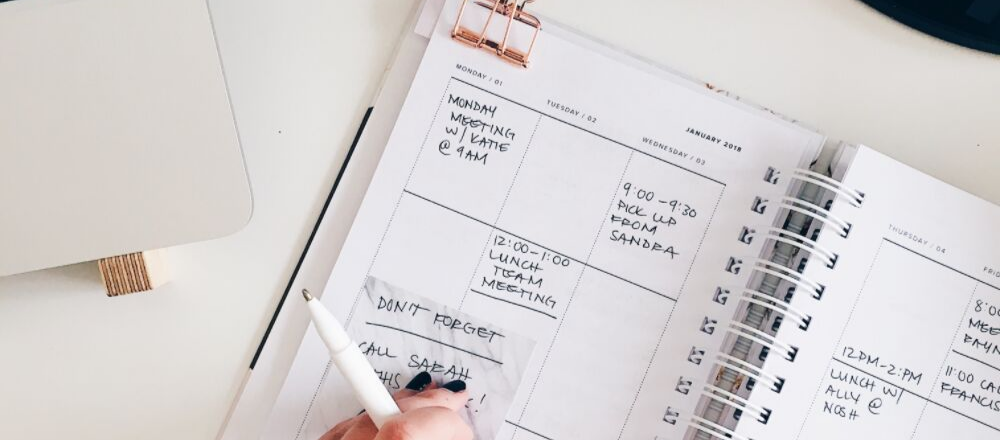Russ Starke is CEO of Think Company, a service design and digital experience design and development firm based in Philadelphia.
He’s been a professional designer for over 20 years, working with corporate and nonprofit clients as an award-winning digital strategist, experience designer, information architect, instructional designer, business analyst, and project manager. In addition to his work at Think Company, Russ serves on the board of LEADERSHIP Philadelphia (Class of 2015), the Economy League of Greater Philadelphia, the Greater Philadelphia Chamber of Commerce, and as the executive chair of the Hospitality & Corporate Council for Broad Street Ministry, an organization dedicated to tackling homelessness and hunger in an innovative way by bringing public and private sectors together.
Q: What would you like to see your team accomplish in 2019?
2019 for us is all about creating/optimizing the systems and processes necessary to continue to grow the company; we’ve had great success and growth to date but where we’re headed is pretty rare air for (proudly) independent services companies like us. We are acutely aware of the fact that, to quote Marshall Goldsmith, “what got us here won’t get us there.” So, I’d like us to finish out the year all feeling fully confident that we’ve got the foundation in place to take things to the next level.
Q: Who is your role model or hero?
Honestly, I’d probably go with Bono. There’s a guy who could very well stay, quietly and happily, in his own ivory tower but recognizes that he’s in a position where he has influence and can make a difference, and he uses that platform to try to do good even though there are plenty of folks who regularly take shots at him because of it.
Q: What is your favorite book?
The Four Agreements, by Don Miguel Ruiz. Few books have had the impact on me that this one has.

Q: Do you use any specific method or system to run daily operations?
Well, harkening back to the previous question, I purchased copies of The Four Agreements for everyone in leadership/management positions at the company (and am thinking I should probably go further and get it for everyone)—because I think there’s something really powerful in people having a common framework, agreed-upon rules of engagement, and language to express it (and hold one another accountable to it). Our industry and business are pretty frenetic; I can think of few things more grounding than walking into every meeting reminding myself to be impeccable with my word, don’t take anything personally, don’t make assumptions, and always do my best.
Q: Why did you choose your present industry at this time?
I’ve been in this industry for my entire professional career, have no desire to leave it, and that’s all because I truly believe in the concept of Design Thinking. I believe that at the heart of all great design is empathy, respect, and the desire to move something toward its ideal state—ultimately making the world a better place, even if just for a small subset of people. The world needs a lot more of this kind of thinking and action, and that’s a reason to get out of bed in the morning.
Q: What is the best/worst moment you can remember in your career?
You know, I get asked this kind of thing a lot and don’t ever have an answer right at hand (maybe I should remedy that). But I think that’s because, although we must learn from the past (and try to ensure the data we’re using is as objective as possible), I don’t (can’t?) live there or dwell on it. I suppose I can think of incidents here and there, but no monumental story that comes to mind, especially when it comes to “worst moments” because I’m not big on grudges. Without question though, the best moment of my career was taking the leap to join Think Company in its infancy—and that’s a pretty darn objective statement.
Q: Looking back – if you could advise a younger version of yourself to do something different – what would it be?
I would counsel my younger self to get a lot more involved in the community, and seek out opportunities to give back in a way that just wasn’t on my radar then, unfortunately. To “collect people” and go have that coffee, go have that meeting, because those human connections are where everything great (and sometimes really surprising) comes from.
Connect with Russ Starke on LinkedIn



